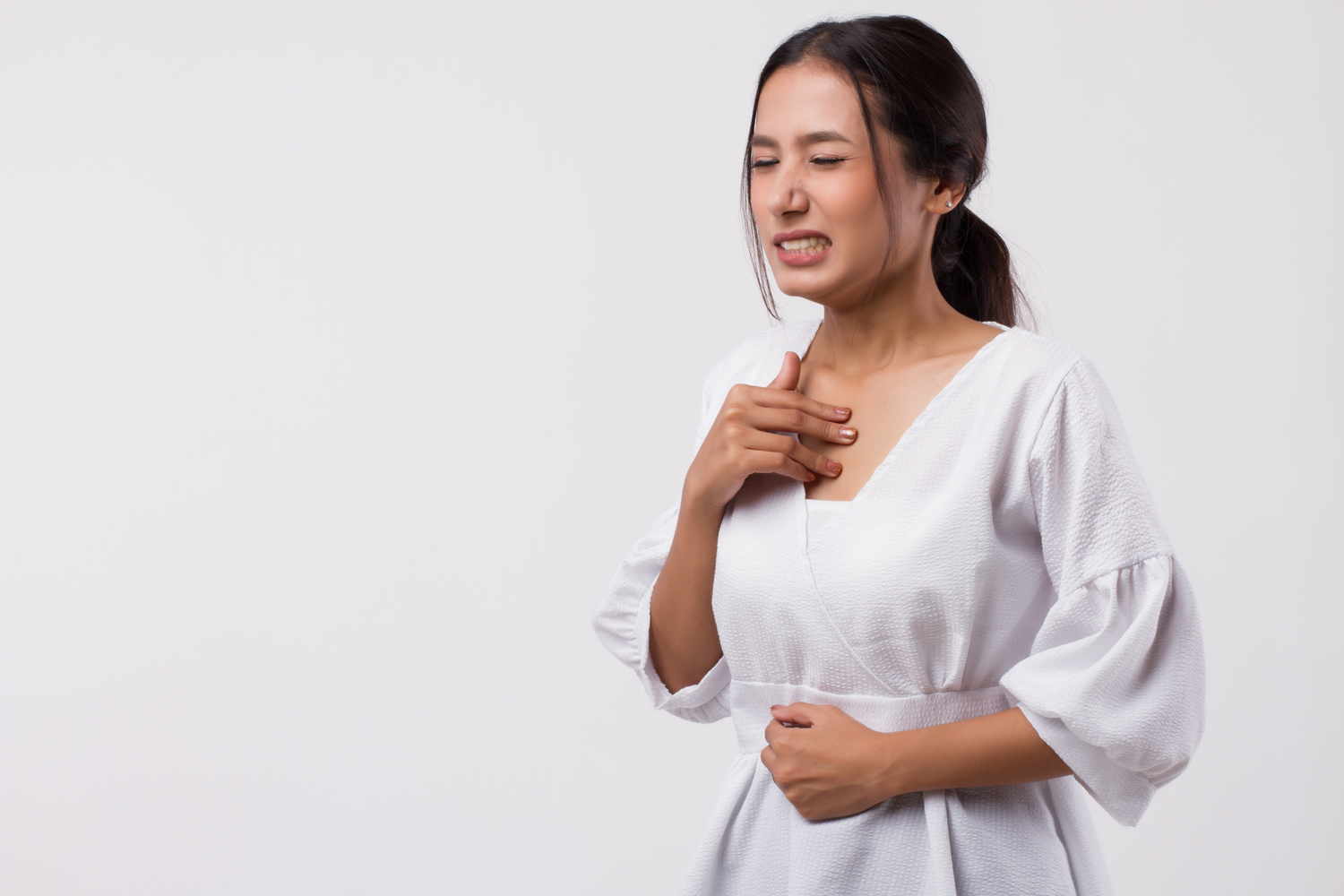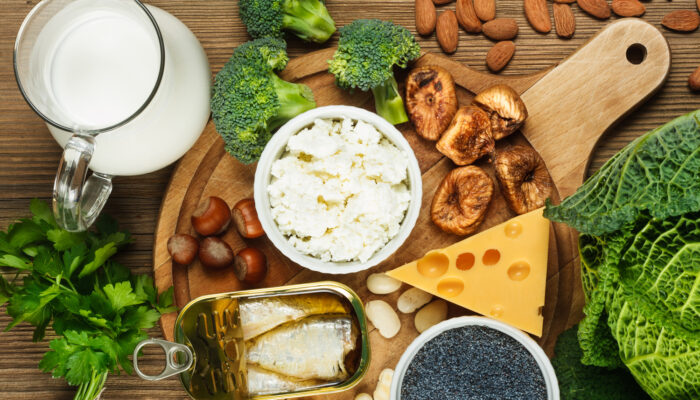
Early Symptoms of GERD
Gastroesophageal reflux disease (GERD) is a disorder that happens when acid from the stomach frequently flows back up into the esophagus. When this occurs, it is commonly known as acid reflux. The acid causes the lining of the esophagus to become irritated and inflamed. Excessive instances of acid reflux, defined as occurring more than twice a week, is referred to as GERD. Thankfully, GERD is easily treatable with changes in lifestyle and diet.
However, there are some cases where the treatment of GERD may require medication or surgery. Recognizing the early warning signs of GERD is important. Some of the common symptoms and signs of GERD are:
1. Heartburn
Heartburn is a burning sensation or feeling in your chest. When the acid in the stomach travels back from the esophagus and irritates it, the burning feeling in your chest is called heartburn. This usually occurs after you eat. Eating certain acidic foods like tomatoes, citrus fruits, garlic, onions, and alcohol can increase the chance of having heartburn. Instances of increased heartburn, especially at night is a symptom of GERD.
2. Chest pain
Chest pain can be created by heartburn, causing discomfort in your chest area. Chest pain by itself is not a good indicator of GERD. Chest pains can be the cause of a more serious condition and can be harmful if not treated properly. People with GERD usually experience chest pains with other symptoms of GERD such as heartburn,
3. Difficulty swallowing
The reflexes that allow you to swallow can be affected by GERD. One way to tell if you have GERD is difficulty or pain when swallowing food or drink.
4. Regurgitation
Reflux may cause the food you eat to involuntarily come back up through your esophagus, which can lead to vomiting.
5. Hiatal hernia
Another symptom of GERD is having a hiatal hernia. A hiatal hernia happens when the stomach lumps up into your chest through an opening in the diaphragm. The diaphragm is a muscle that separates the chest from the stomach. Some people with a hiatal hernia may not experience reflux or heartburn which are other symptoms of GERD. However, the presence of a hiatal hernia may allow the contents of the stomach to reflux more easily in the stomach. Thus causing GERD.
6. Conditions that increase the risk of GERD
While acid reflux and GERD are often common in most people, certain conditions can increase the likelihood of getting GERD. Other than having a hiatal hernia, people who are obese, pregnant, have a connective tissue disorder or whose stomach has a delay in emptying its contents are more likely to develop GERD.
7. GERD triggers
As stated earlier,GERD is easily treatable by making changes to lifestyle and diet. GERD is aggravated by doing things such as smoking, eating large meals especially at night, consuming fatty and acidic foods and drinking alcohol. It is important to take note of which foods and drinks give you acid reflux and heartburn so that you will be able to better control GERD.



